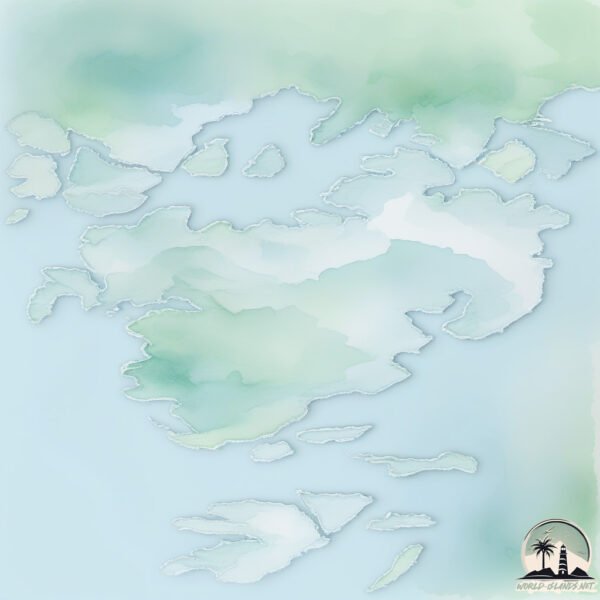Tjorn

Welcome to Tjorn, a Temperate island in the Skagerrak, part of the majestic Atlantic Ocean. This guide offers a comprehensive overview of what makes Tjorn unique – from its geography and climate to its population, infrastructure, and beyond. Dive into the details:
- Geography and Size: Explore the island’s size and location.
- Climate and Weather: Weather patterns and temperature.
- Topography and Nature: Uncover the natural wonders of the island.
- Infrastructure and Travelling: Insights on reaching, staying, and making the most of your visit.
- News and Headlines: Latest News.
Geography and size of Tjorn
Size: 158.9 km²
Coastline: 169.3 km
Ocean: Atlantic Ocean
Sea: Skagerrak
Continent: Europe
Tjorn is a Large Island spanning 159 km² with a coastline of 169 km.
Archipel: –
Tectonic Plate: Eurasia – One of the world’s largest tectonic plates, the Eurasian Plate covers a significant portion of Europe and Asia. It’s characterized by diverse geological features, including the Ural Mountains, the European Plain, and the Himalayas formed from its collision with the Indian Plate.
The geographic heart of the island is pinpointed at these coordinates:
Latitude: 58.01638872 / Longitude: 11.63157714
Climate and weather of Tjorn
Climate Zone: Temperate
Climate Details: Temperate Oceanic Climate
Temperature: Warm Summer
Climate Characteristics: Known for its moderate year-round temperatures with ample rainfall and no dry season. Warm summers are characteristic.
Topography and nature of Tjorn
Timezone: UTC+01:00
Timezone places: Europe/Paris
Max. Elevation: 75 m
Mean Elevation: 27 m
Vegetation: Deciduous Broadleaf Forest
Tree Coverage: 53%
The mean elevation is 27 m. The highest elevation on the island reaches approximately 75 meters above sea level. The island is characterized by Plains: Flat, low-lying lands characterized by a maximum elevation of up to 200 meters. On islands, plains are typically coastal lowlands or central flat areas.
Dominating Vegetation: Deciduous Broadleaf Forest
Composed of broadleaf trees that shed their leaves seasonally. These forests are commonly found in temperate zones and experience distinct seasonal changes. Tjorn has a tree cover of 53 %.
Vegetation: 12 vegetation zones – Exceptionally Diverse Island
Islands with more than ten vegetation zones are among the most ecologically rich and varied in the world. These islands are akin to miniature continents, boasting an incredible array of ecosystems. The sheer range of habitats, from high peaks to deep valleys, rainforests to deserts, creates a mosaic of life that is unparalleled. They are crucial for conservation and ecological studies.
Infrastructure and Travelling to Tjorn
Does the island have a public airport? no.
There is no public and scheduled airport on Tjorn. The nearest airport is Trollhättan-Vänersborg Airport, located 69 km away.
Does the island have a major port? no.
There are no major ports on Tjorn. The closest major port is MARSTRAND, approximately 5 km away.
The mean population of Tjorn is 82 per km². Tjorn is Gently Populated. The island belongs to Sweden.
Continuing your journey, Klaveron is the next notable island, situated merely km away.
Relaxing Drive around Tjörn Island Sweden | Virtual Travel | Relaxing Music



Sweden is classified as Developed region: nonG7: Developed economies outside of the Group of Seven, characterized by high income and advanced economic structures. The level of income is High income: OECD.
News – Latest Updates and Headlines from Tjorn
Stay informed with the most recent news and important headlines from Tjorn. Here’s a roundup of the latest developments.
Please note: The data used here has been primarily extracted from satellite readings. Deviations from exact values may occur, particularly regarding the height of elevations and population density. Land area and coastline measurements refer to average values at mean high tide.
